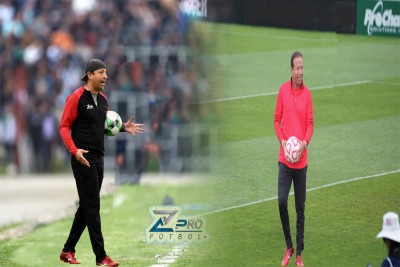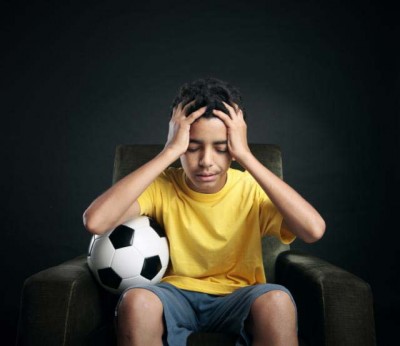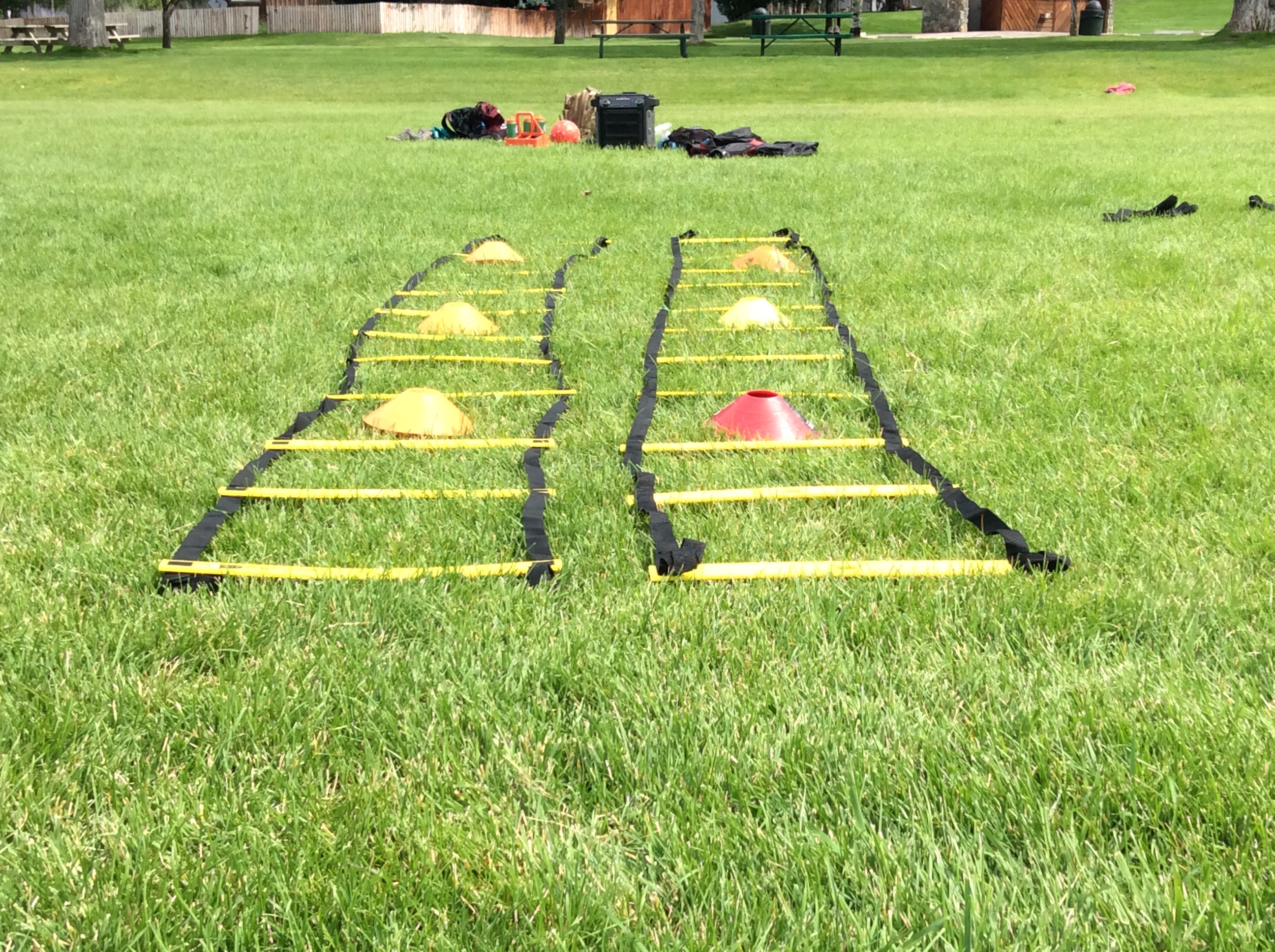
Zuriel Lozano
International Goalkeeper coach, MS Sport & health science, UEFA Lic, Speaker & blogger.
Why do youth soccer players in America peak early?
Athletic Prime or Peak
Every athlete will reach a point in their lives where they will be able to compete at their best and reach their highest physical abilities. This is called peak or athletic prime.
This blog will give you an idea as to why the younger generation of soccer players are peaking early and not moving forward with soccer.
In the US, there is a high number of youth club soccer players between the ages of 15-18, who are playing the BEST soccer of their lives. However, beyond this age, some will stop improving, get worse or simply quit playing.
Here’s what’s interesting, studies have shown that active soccer players typically peak around the age of 25 & 27. But also they will peak according to their abilities & position.
For example,
- Forwards will typically peak around the age of 25,
- Midfielder around 25 to 29 yrs old,
- Defenders will peak a bit later according to their abilities.
- Finally, the goalkeepers peak around their early 30’s.
Goalkeepers can play far into their early 40’s. For example, Essam El Hadary, from Egypt National Team who played in the world cup 2018, he was 45 yrs old.
Let’s take a look at some additional factors regarding athletic peak:
Late vs Early Bloomers
This is just part of human nature. Some young soccer players will mature early and others not so early.
For example, early bloomers are young athletes who mature earlier than most kids their age. They get taller, stronger & some even get faster, it all depends on the athlete.
However, if the early athlete has decent athletic abilities, then these are the kids who would appear to be great athletes in comparison to the other kids his age group. At this point, clubs, coaches & parents typically move them up to a competitive & traveling teams almost instantly.
Be aware:
For early bloomers, this could potentially be very deceiving.
For example, adults will make a decision to put them on competitive teams or even older teams just based on how “superior” they play or look against the regular players who happen to be the same age.
However, once the OTHER kids start maturing, they will soon catch up to the early bloomer athlete. Now, the competition will not be as easy.
It is difficult to tell or even predict whether an early bloomer athlete will truly benefit from playing on higher teams. On the other hand, some early bloomers will actually continue to improve.
In fact, I have personally seen an alarming amount of goalkeepers & soccer players who are NOT able to keep up once the other kids catch up to them.
Therefore, since they are NOT accustomed to dealing with the head-to-head competition, they end up quitting, burned out or not playing well at all.
Early Specialization:
There are some sports that may require early specialization such as gymnastic & possibly ice skating. Sports like soccer requires a bit more of physical coordination, movement & skill.
The idea of starting kids very early in soccer sounds like an ideal one. However, how do you know if this U10 kid will be get to play soccer in college or professionally?
Problems:
There is TONS of studies that show kids who specialize early in sports will run a high risk of burnout or injuries. Young soccer players or any young athlete have tiny bone structures and very fragile joints.
Therefore, when these young soccer players are put through tons of training, games, tournaments etc some will develop unusual joint, arthritis & bone problems.
Other kids will always have abnormal issues in their bodies and complain frequently about pain, soreness & more….
All of these issues will lead them to have an early athletic peak.
Let’s put it all together
Let’s think for a moment…if you look around your metro area or State that you live, in my case I live in Denver Colorado. You will notice a number of parents, soccer players who seem to be in a hurry to advanced soccer players immediately.
As result, they engage in tons of extracurricular activities & soccer training. Furthermore, clubs will even create competitive teams for 9-10 yrs old.
All of these early tactics add more stress to many young athletes. To the point, that some kids simply look very robotic and have no real understanding to play the game with confidence.
While in other countries most 18 yrs old & older are beginning to really shine & continue to improve into their early 20’s. Here in the US most of our young soccer players seem to slow down right about 16 yrs old or seem to be peaked early and most of them will not improve any longer.
Some possible solutions:
It is great to see kids in other countries where they can play the game without heavy supervision in the park, street, backyards, anywhere.
In fact, most famous professional players like Cristiano Ronaldo, Messi and many more, they learned to play the game without heavy supervision and you know the rest of their story.
PLAY OTHER SPORTS:
No question that a multiple sport athletes will allow athletes to quickly gain better hand-eye coordination, great body movement, skill and confidence.
In addition, multi sport athletes tend to shift focus in other things rather than always doing the same. As result, they are less likely to burnout and peak earlier.
In conclusion, there are many people who believe the more is better. In part, they are right. However, there has to be a balance and parents, clubs and coaches must understand that playing soccer is about the kids or players, not about the adults.
Read more:
https://www.peaksports.com/sports-psychology-blog/peak-performance/
More to explorer
Soccer parents, are you exhausted?
You seem to be living your life according to youth club soccer. An intense emotional roller coaster is experienced by parents throughout the United States as their children progress through their youth soccer careers. You may not think so, but being a youth soccer parent is exhausting emotionally and physically. Many parents have developed serious
Who stresses more during games parents or athletes?
Nervous soccer parents

Understanding Athlete Burnout
Athlete burnout is defined by Sport Psychologists as: physical/emotional exhaustion, sport devaluation, reduced athletic performance and accomplishment”. Burnout can happen at a very young age. I have personally met many 12-year-olds who show severe signs of burnout. Unfortunately, a number of parents refuse to believe their children are too young to burn out, insisting that what their children require is
